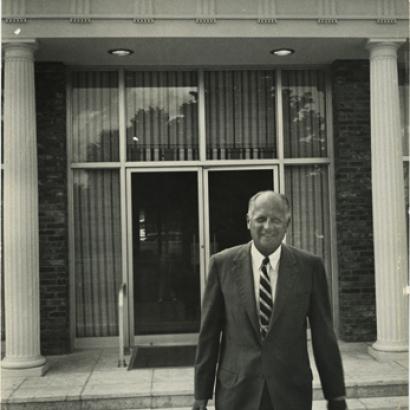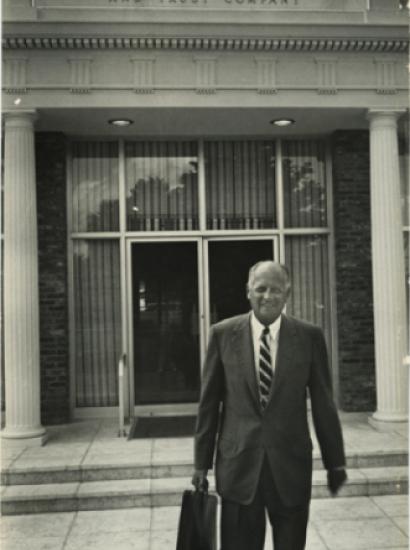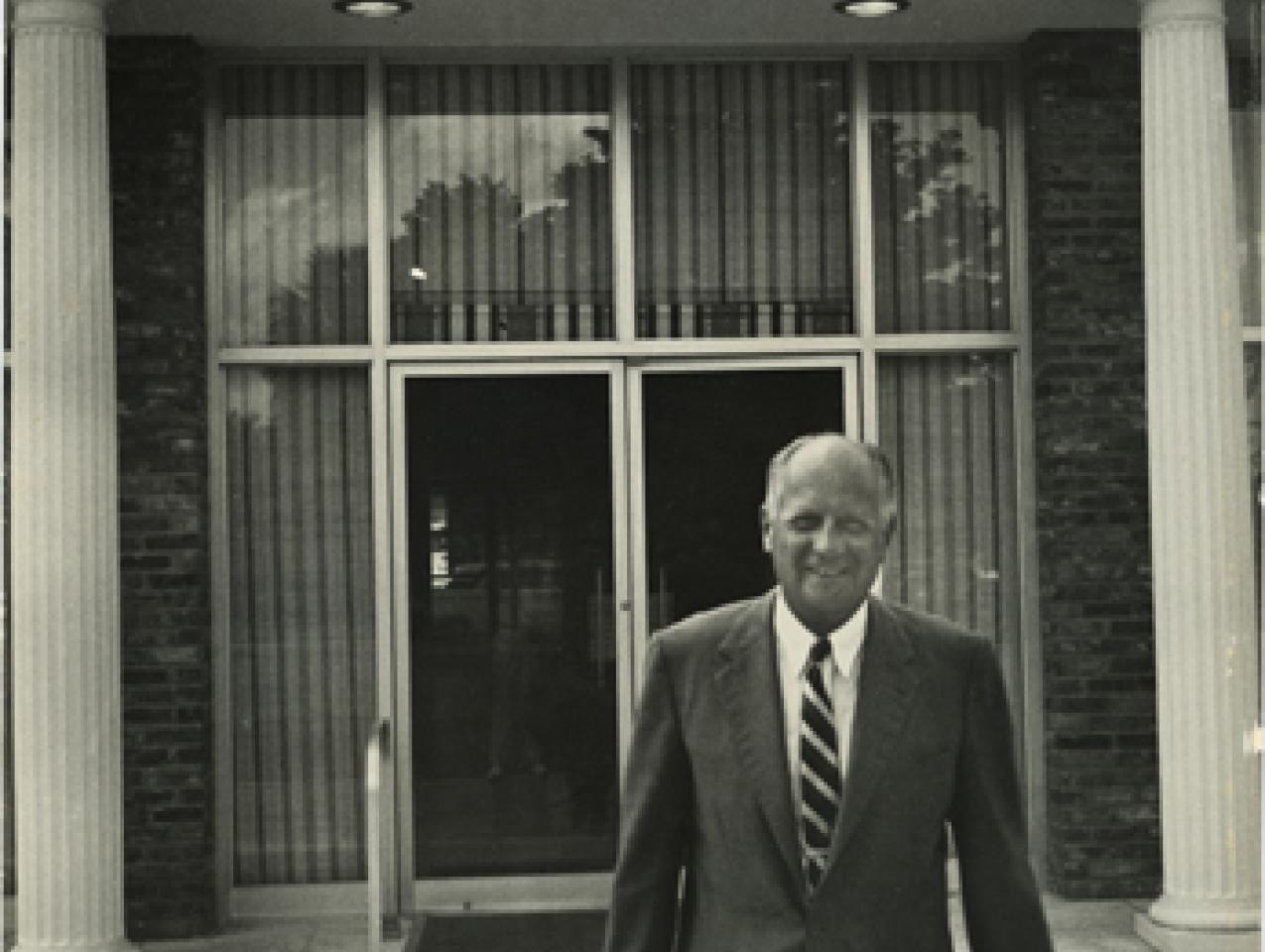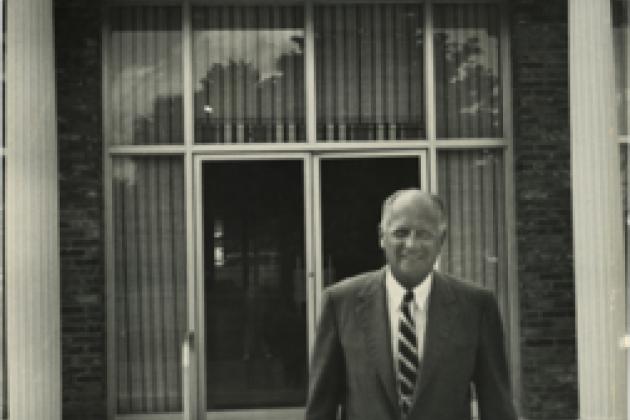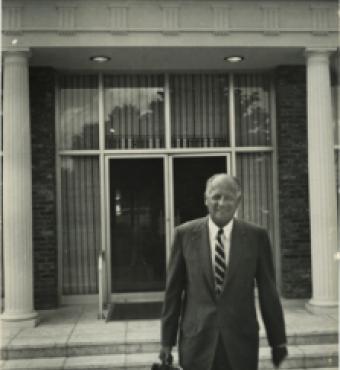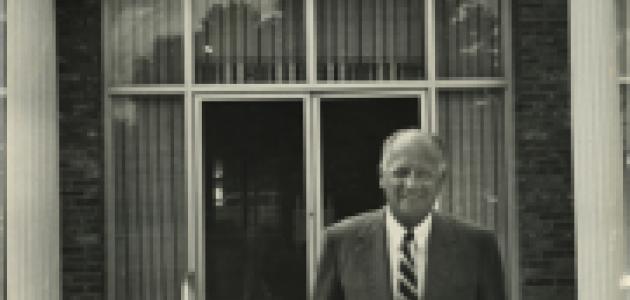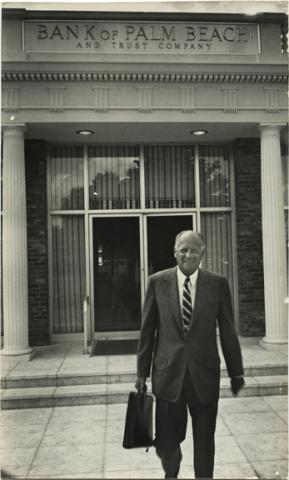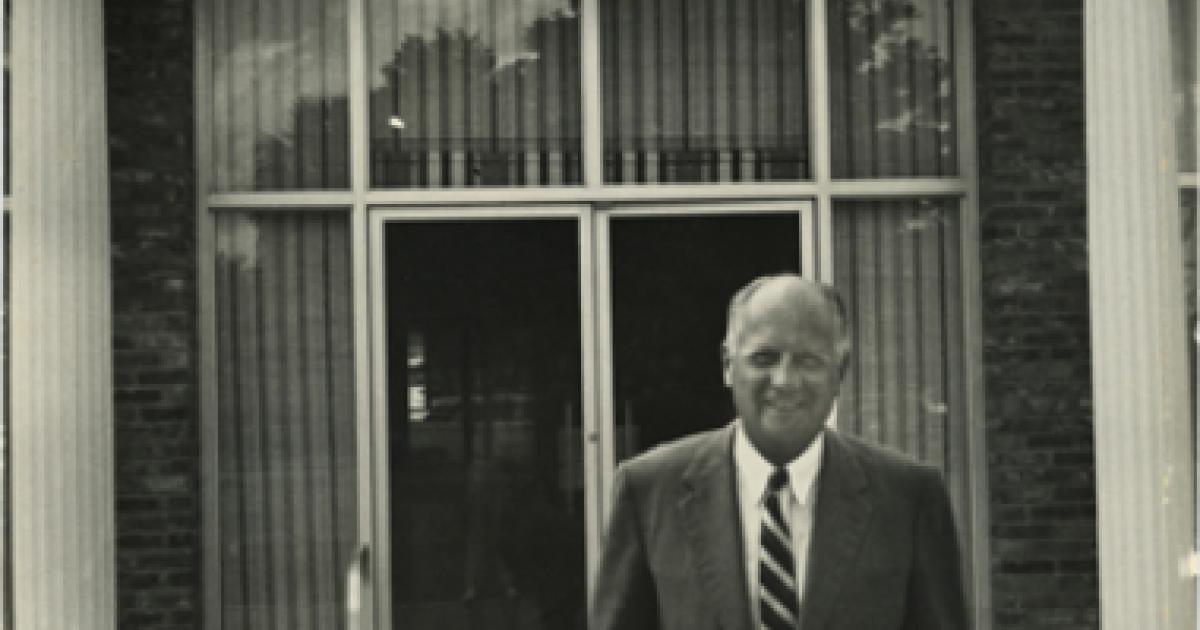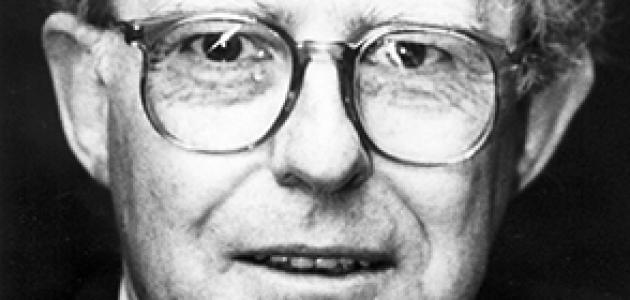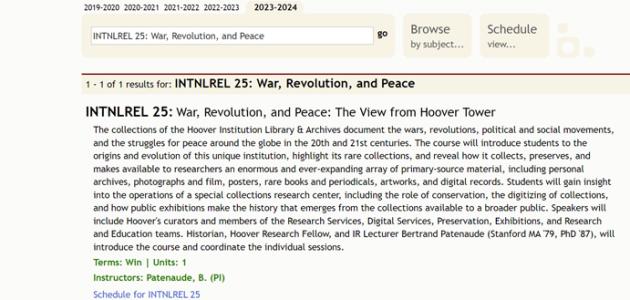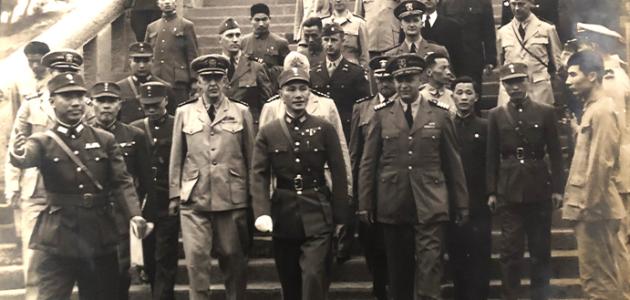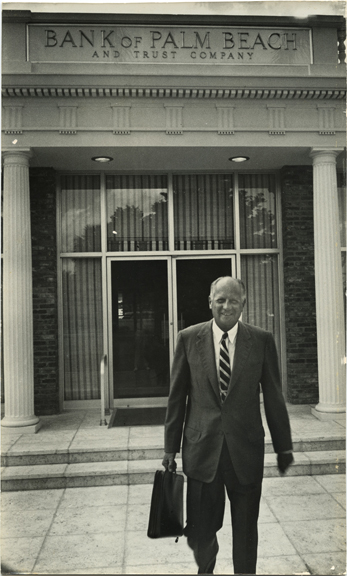
In November the Hoover Institution Archives received the papers of Ambassador Earl E. T. Smith, who served as the U.S. ambassador to Cuba from June 1957 until January 1959 and, as such, was an eyewitness to the collapse of the government of Cuban strongman Fulgencio Batista and the advent of Fidel Castro. Smith, a stockbroker and banker by trade and a longtime supporter of the Republican Party, was appointed by President Dwight D. Eisenhower in June 1957 and arrived in Havana the following month. Shortly after his arrival, he found himself at the center of controversy. During a trip to the eastern city of Santiago, he witnessed the brutal dispersal of a group of antigovernment demonstrators by the police; when he remarked on the event during a subsequent press conference, he was sharply criticized by the Cuban government, who called for his immediate dismissal. He had, however, the unequivocal support of Secretary of State John Foster Dulles and thus remained at his post until January 1959, when he submitted his letter of resignation following Castro’s revolution. He subsequently lent his support to John F. Kennedy, a close friend, during the 1960 presidential campaign and sought to advise the newly elected president on options for overthrowing Castro. In the following years, Smith wrote and spoke often about Cuba, including in his 1962 memoir, The Fourth Floor: An Account of the Castro Communist Revolution.
The papers of Ambassador Smith acquired by Hoover include correspondence from figures such as Eisenhower, Kennedy, and Dulles, among others. In addition, there are selected memoranda, clippings, and diplomatic cables from his tenure in Havana, as well as manuscript drafts of articles, speeches, and The Fourth Floor.




